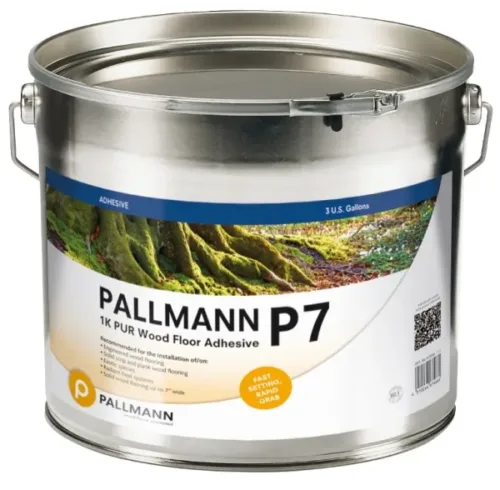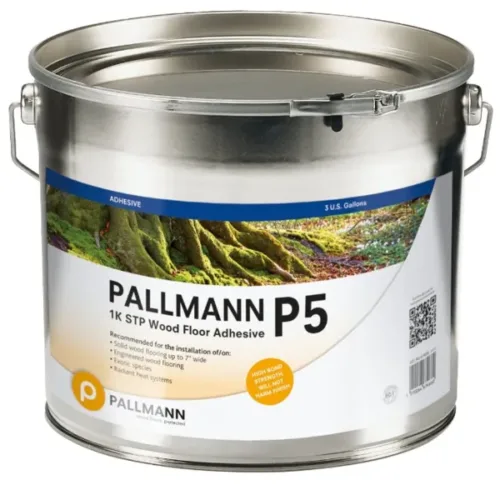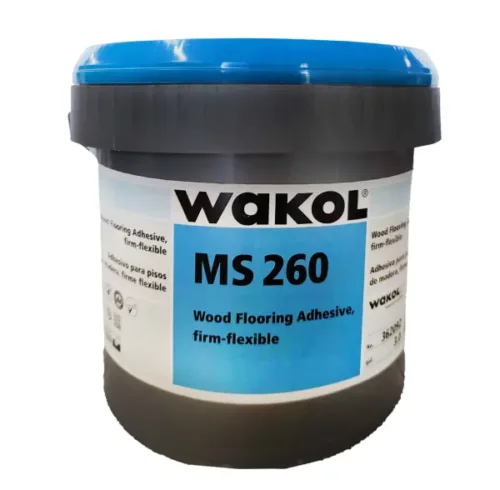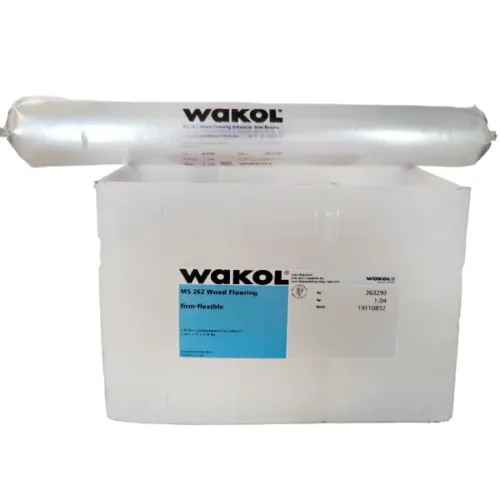When the Weather Shifts, Our Silane-Based Adhesive Atlanta Stay Put
In a city where climate swings are real, your floors need adhesives that stay firm through every season. Rustic Wood Floor Supply offers high-performance hardwood flooring adhesives. These products are trusted by Atlanta contractors and homeowners. They cure fast. They spread smoothly. They adapt to moisture and movement. Whether you’re working with solid hardwood or engineered planks, our adhesives are built to last.
Your floors stay secure. Your results stay clean.
Want a long-lasting wood flooring adhesive Atlanta professionals rely on?
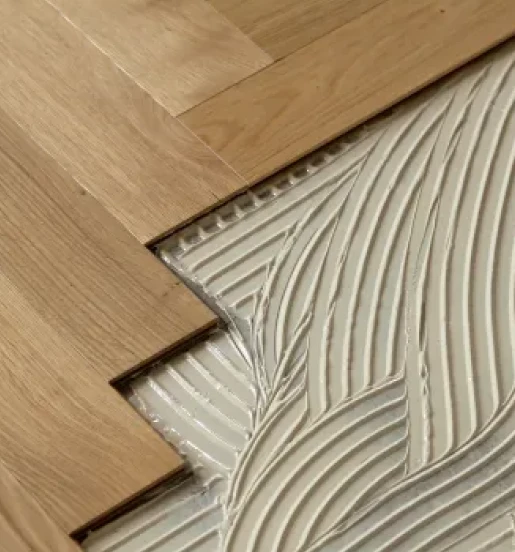
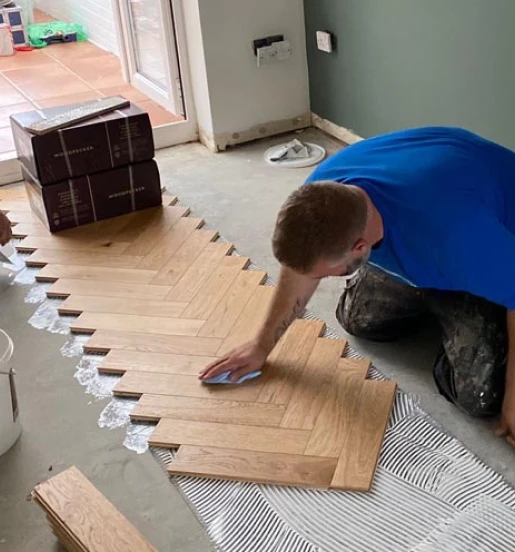
Why Atlanta Contractors
Choose Our Flooring Adhesives
Every pro knows that a great install starts with quality glue. Our adhesives are used by trusted contractors across Atlanta, from Buckhead renovations to Midtown high-rises. Builders choose us because our products deliver consistent grip and smooth results under pressure. These aren’t generic adhesives, but they’re picked with Atlanta’s needs in mind. Stay ahead of the curve. Use the glue Atlanta crews trust.
Choose the best wood floor adhesive Atlanta installers count on.
Top-Rated Flooring Glues Atlanta Installers Depend On
Silane and polymer glues are built for the South. Our formulas flex when your floors do, without ever losing grip. Perfect for solid hardwood or engineered planks, they resist moisture, adapt to movement, and make tough installs easier. This is the best flooring glue Atlanta crews count on to get it right the first time.
Ready to outsmart the humidity?
What Atlanta Installers Love About These Glues:
- Wakol MS 260 & MS 262 – Balanced strength and flexibility
- Pallmann P5 – Tough against moisture, easy cleanup
- Pallmann P7 – Heavy-duty grip for stubborn installs
- Bona R851 – Smooth application, cleaner finish
Our collection gives you the performance you need.
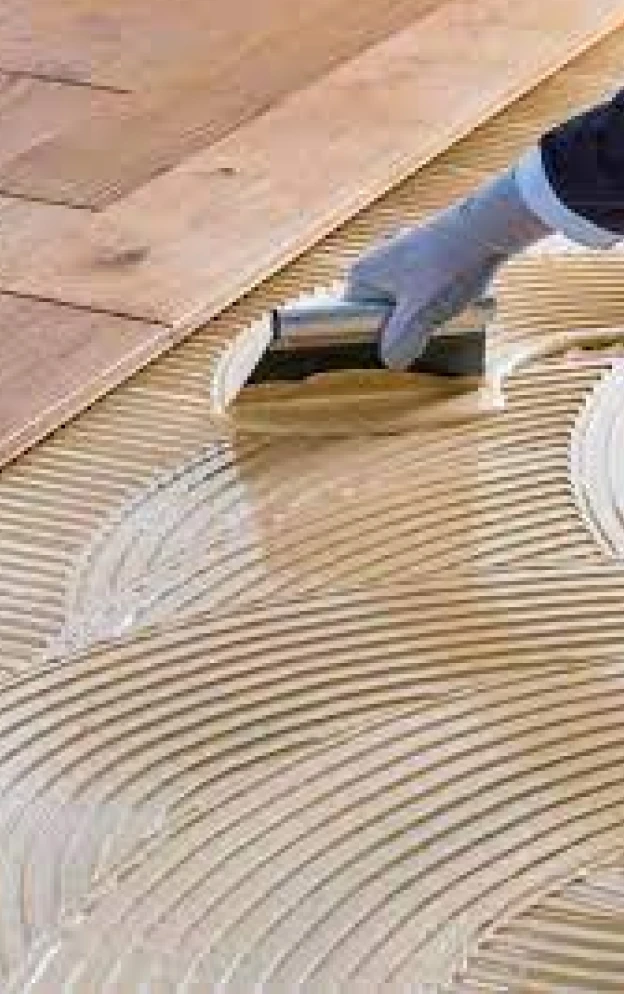
Why These Silane Adhesives Are Atlanta’s Smart Choice
From Sandy Springs homes to downtown lofts, our modified silane adhesives deliver unmatched versatility. They bond to multiple surfaces without primer and stay resilient even in direct sunlight. Free from harmful isocyanates, these adhesives are safe for indoor installs and high-traffic areas.
Benefits You Can Count On:
- Flexible enough for expansion without breaking
- Tensile strength up to 4 MPa, reliable in real conditions
- UV resistant, ideal for sun-exposed areas
- Safe to paint, even while curing
- Bonds: wood, ceramic, metal, and more
- Low-tox, isocyanate-free formula
Whether you’re gluing engineered or solid planks, our modified silane adhesive Atlanta professionals recommend, is built to perform.
Four Key Features That Make These
Atlanta’s Best Adhesives
TESTIMONIAL
Customer Voices You Can Trust
These guys are great, always helpful and go way above and beyond to take care of us.

Very helpful and knowledgable. If they don’t already have a product, they are willing to try to get it for you.

Great, knowledgeable group and very patient. They carry beautiful woods and are willing to take the all the time you need.

Complete Adhesive Solutions for Every Atlanta Flooring Project
When precision matters and performance can’t slip, Rustic Wood Floor Supply comes through. We stock high-performance adhesive for wooden flooring built to handle shifting seasons, tough traffic, and high-pressure installs. You’re not just finishing a job. You’re building something that lasts. And we’ve got the gear to match.
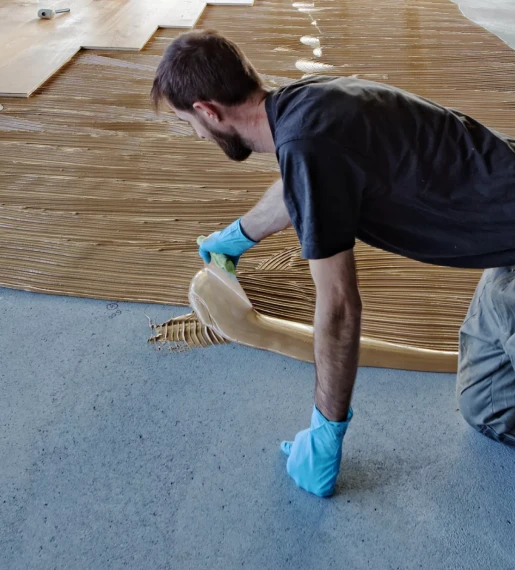
Frequently Asked Questions
No, just because it is easier to spread does not mean it is less sticky. The beauty of a Silane based glue for flooring is that is moves with the wood and is extremely sticky without ruining the wood flooring if it touches it.
Yes, the Silane glues we sell work for all the products that we sell.
Different glues allow for different widths. It is recommended to check the label and buy accordingly. Each of our glues has the width rating listed on their respective pages. Some of the glues allow unlimited width.
It is recommended to clean the glue droppings/mess up within 45 min as it is not skinned over yeat and has yet to bond to anything. The easiest way to do this is with a damp cloth.
Silane glue is a very popular hardwood flooring glue that is considered “new” generation of glues. These glues offer no need to mix, dry fast and have awesome elasticity. Typically these glues have a skin time of 4-60 min and a full cure time of 18-24 hours. We recommend Silane glues from pallmann and loba as they work well in our climate to allow movement without sheering the glue to board bond.

